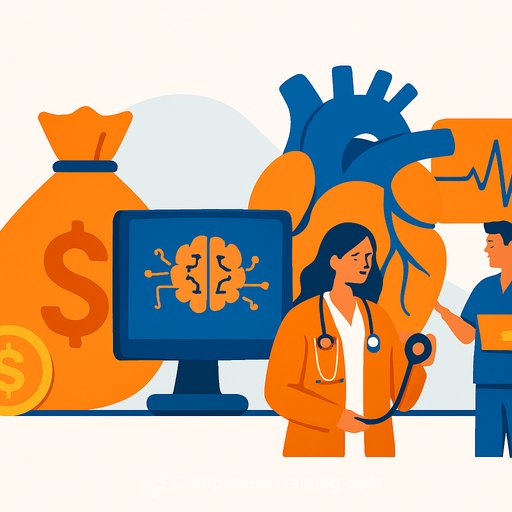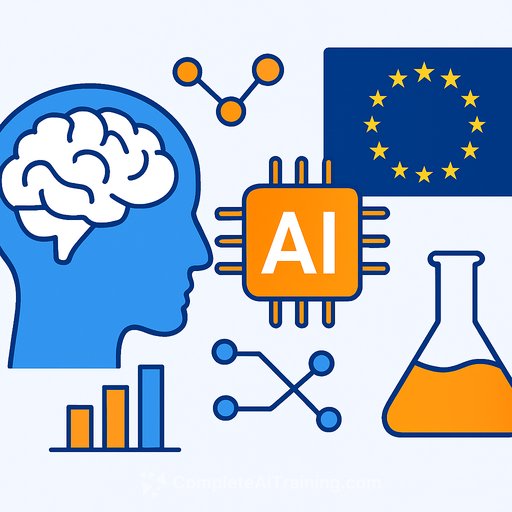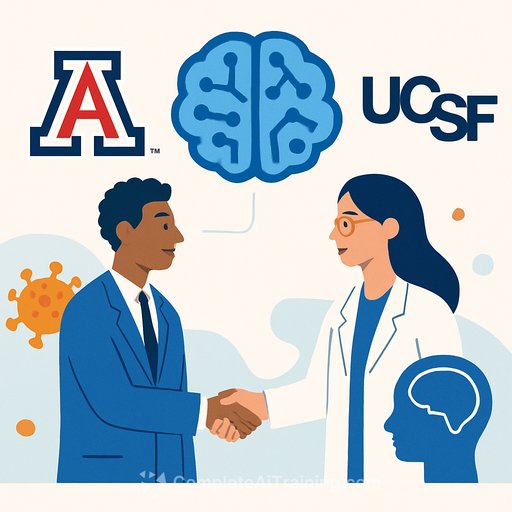$10.5M Grant to Study AI in Tackling Heart Disease
Research teams from the Kaiser Permanente Division of Research in Pleasanton, California, and the University of Michigan in Ann Arbor have received a combined $10.5 million grant. The funding will support projects exploring the use of artificial intelligence (AI) to enhance screening and treatment for cardiovascular disease, the leading cause of death in the U.S.
This initiative is backed by the American Heart Association (AHA), an organization committed to advancing health worldwide through science and research.
Stacey E. Rosen, M.D., FAHA, volunteer president of the AHA, emphasized the growing role of AI in healthcare: “AI was once relegated to science fiction; now, it’s part of everyday life. The American Heart Association has led cardiovascular science for over a century, and we recognize the value of AI in improving health outcomes.” She expressed optimism about the knowledge these projects are expected to generate, particularly in empowering healthcare professionals to make better decisions and save lives.
Research Projects
Starting July 1, 2025, the grant will fund two major research efforts:
Kaiser Permanente Division of Research
Center: Screening Cardiometabolic Opportunities Using Transformative Echocardiography Artificial Intelligence (Team SCOUT-Echo-AI)
Led by David Ouyang, M.D., this multi-disciplinary team is investigating AI applications to broaden the diagnostic capabilities of echocardiograms. These heart ultrasounds are commonly used, affordable, portable, and radiation-free.
Currently, echocardiograms focus primarily on the heart, but they also capture images of nearby organs like the liver and kidneys. Since diseases in these organs can increase cardiovascular risks, identifying early signs could improve patient outcomes. However, cardiologists typically do not assess these organs during ultrasounds.
The team plans a prospective multi-center clinical trial to test whether AI can detect early kidney and liver disease signs from heart ultrasounds. This study will take place across four healthcare systems: Stanford Health Care, Cedars-Sinai, Massachusetts General Brigham, and Kaiser Permanente Northern California. The goal is to develop reliable alerts for doctors and patients, enabling earlier diagnosis and treatment.
The need for early detection is critical. Recent AHA reports highlight rising trends in cardiovascular, kidney, and liver diseases:
- In 2021, cardiovascular disease caused approximately 19.41 million deaths worldwide.
- Deaths from chronic kidney disease increased by 24% globally from 1990 to 2021.
- About 25% of adults worldwide are estimated to have nonalcoholic fatty liver disease.
University of Michigan
INSIGHT-CPR: Integrated Neural networks and wearable Sensor to Instantaneously Guide Hemodynamic-directed CPR
Led by Cindy Hsu, M.D., Ph.D., M.S., this project focuses on improving CPR delivery during sudden cardiac arrest using AI. Sudden cardiac arrest occurs when the heart abruptly stops beating. Immediate CPR can sustain blood flow until the heart restarts, but survival depends heavily on the quality of CPR over several minutes.
Current challenges include the inability of emergency responders to accurately measure blood pressure during CPR. Invasive catheters are impractical in emergencies, and chest compressions interfere with traditional readings.
The research team developed an AI algorithm coupled with a noninvasive wearable sensor that accurately measures blood pressure during CPR. This technology provides real-time feedback on arterial blood flow, allowing responders to adjust techniques and medications to optimize patient survival chances.
The project will further develop and test this system, with plans to commercialize it for widespread use. In the U.S., more than 400,000 cardiac arrest deaths occur annually. Effective and immediate CPR can double or triple survival rates.
American Heart Association's Commitment to Research
The AHA has a long history of supporting innovative research, including AI applications in cardiovascular health. Their Precision Medicine Platform, launched nearly a decade ago, connects scientists globally with advanced tools and data.
Funding projects like these aligns with the AHA’s mission to improve health outcomes and save lives. Since 1949, the AHA has invested over $6 billion in cardiovascular, cerebrovascular, and brain health research, making it the largest nonprofit, nongovernment supporter of heart and brain health research in the U.S.
These advances continue to benefit millions of people domestically and internationally.
For professionals interested in expanding their AI expertise in healthcare and other sectors, resources such as Complete AI Training offer courses tailored to various skill levels and job roles.
Your membership also unlocks:






